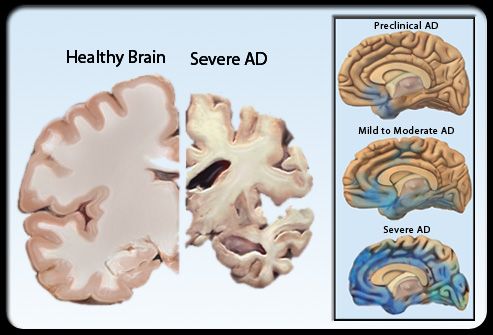In a finding that might just reframe offers of free babysitting as vital preventative healthcare, scientists have identified a potentially significant, if somewhat unexpected, factor linked to a lower risk of dementia in older adults: regular grandparenting.
A study originating from China, analyzing data from over 10,000 individuals aged 50 to 79, suggests that spending time caring for grandchildren could offer a protective effect against cognitive decline. The research, published in the academic journal JAMA Network Open, indicated that participants who regularly looked after their grandchildren for up to 39 hours per week were associated with a 24 percent reduced likelihood of developing dementia compared to those who did not engage in grandparenting duties at all.
The scientists didn`t stop at merely observing the correlation. They delved into the potential mechanisms driving this benefit. Their analysis revealed that grandparents involved in childcare tended to exhibit higher levels of digital engagement, frequently using mobile phones and the internet. Furthermore, they reported experiencing less loneliness. These factors—enhanced social connectivity and increased interaction with technology—were found to partially account for the observed protective effect, contributing nearly 37 percent to the reduction in risk.
However, before anyone recommends a full-time grandparenting schedule as a guaranteed dementia shield, the study introduced a critical nuance. Those who cared for grandchildren for hours equivalent to a full working week or more did not show the same noticeable reduction in risk. The researchers hypothesize that while moderate engagement provides stimulation and connection, excessive demands might lead to increased stress and fatigue, potentially neutralizing any cognitive benefits. It appears there`s a sweet spot where nurturing others also nurtures one`s own mind, but perhaps too much of a good thing becomes… just too much.
The authors underscored that maintaining robust social networks and embracing digital literacy could represent accessible strategies for dementia prevention. Regular interaction with grandchildren, in this context, emerges as a valuable pathway for seniors to preserve mental acuity and maintain an active life. It aligns with broader understanding that cognitive and social engagement are vital for brain health as we age.
This research adds another layer to the complex picture of dementia prevention. It complements findings from other studies, such as research indicating that dietary patterns rich in vegetables, fish, and whole grains might reduce dementia risk by as much as 28 percent. Taken together, these findings suggest a multi-faceted approach to healthy aging, where lifestyle choices, including social activities and diet, play crucial roles.








